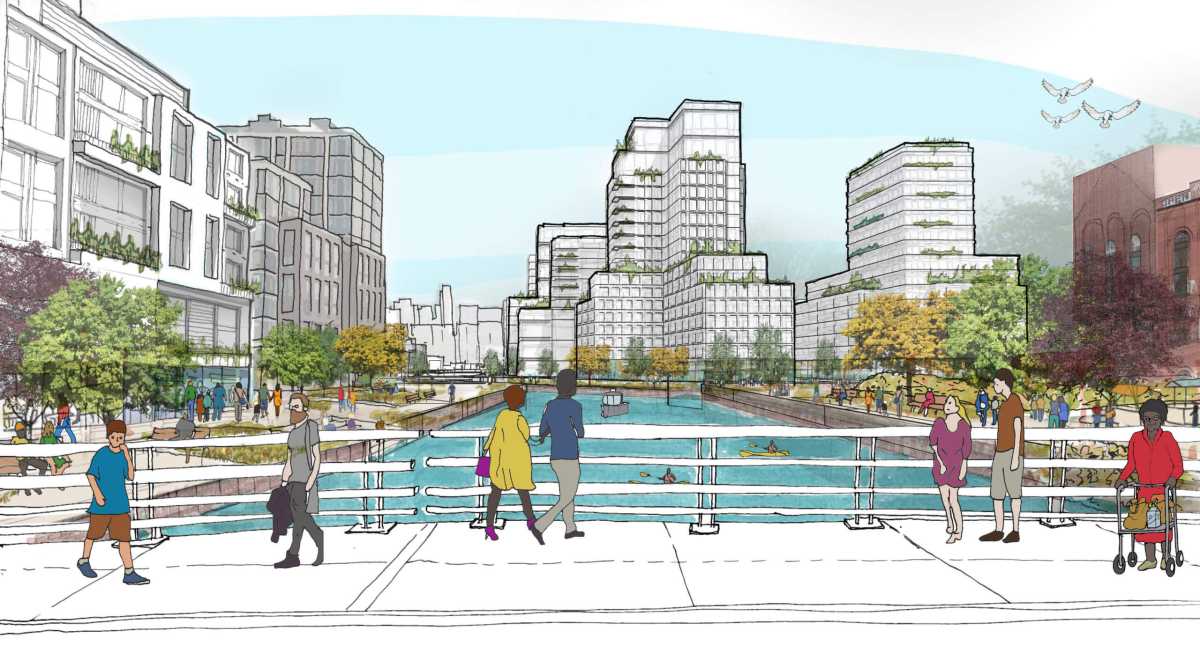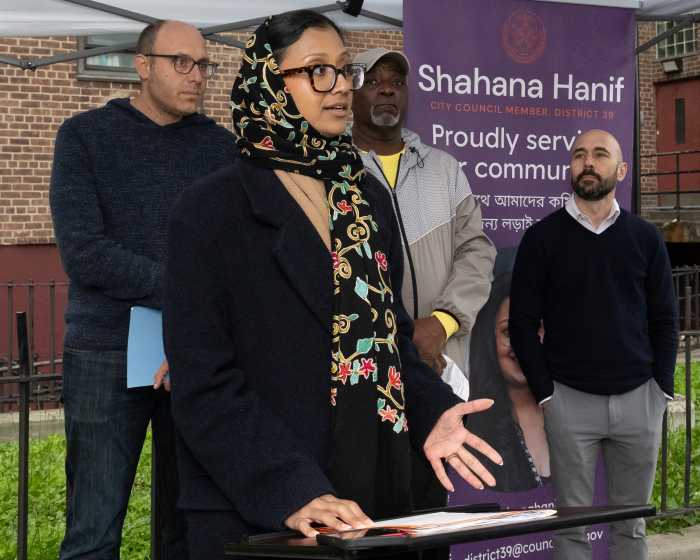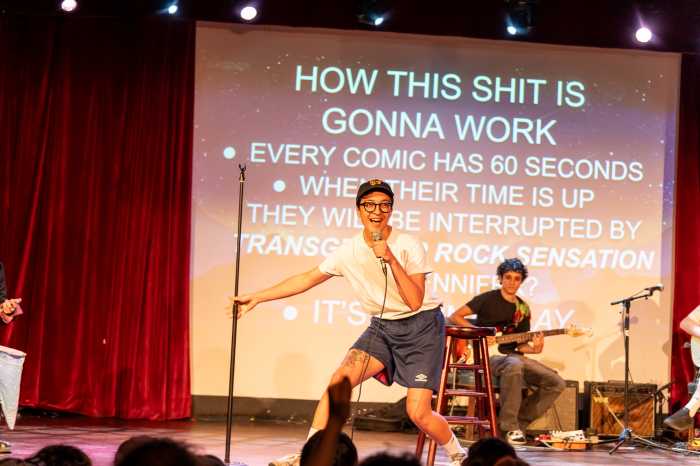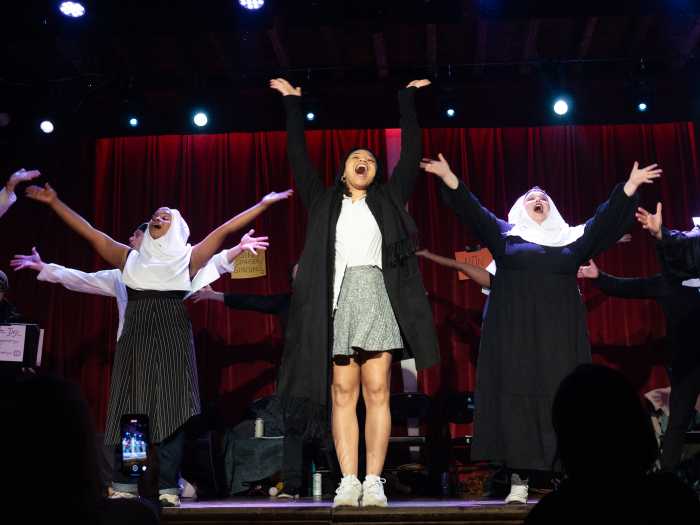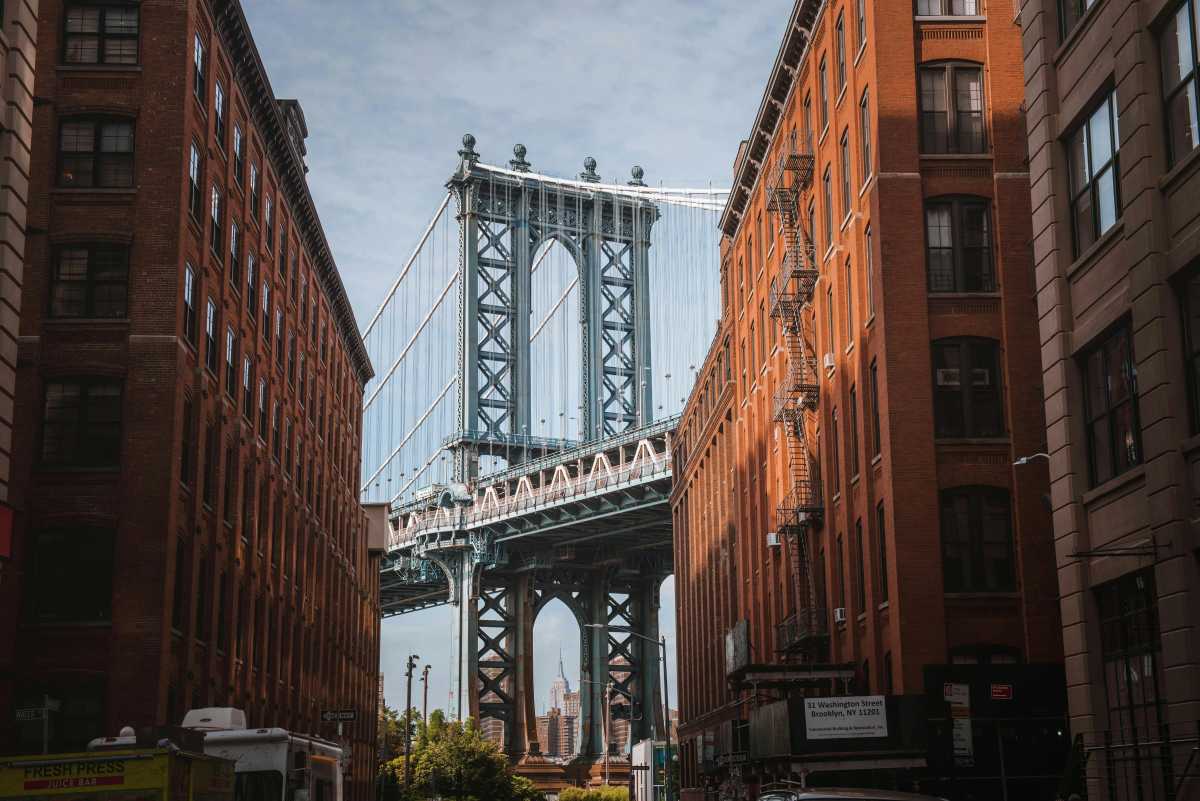This could have been an email.
After almost a year of radio silence from the city about the future of the hotly-contested Gowanus rezoning, planners finally held a virtual meeting with community members on Thursday evening — but frustrated locals were left with just scant details about the neighborhood-wide land use proposal, angering many who demanded more information before the process officially kicks off in January.
“When we talked about a pre-certification meeting, we meant more than this,” said Jerry Armer of Community Board 6, which hosted the meeting on Zoom. “What’s the meat on the bones? And what are the bones before we have to really vote on it? Otherwise it’s going to be like buying a pig in a poke.”
The Department of City Planning’s head rep of the rezoning assured locals there would be more concrete information to come at three future virtual gatherings — saying this meeting, which over 350 people attended, was simply to “touch base.”
“We’ve tried to make clear, tonight was not to get into the weeds, if you will,” said Jonathan Keller.
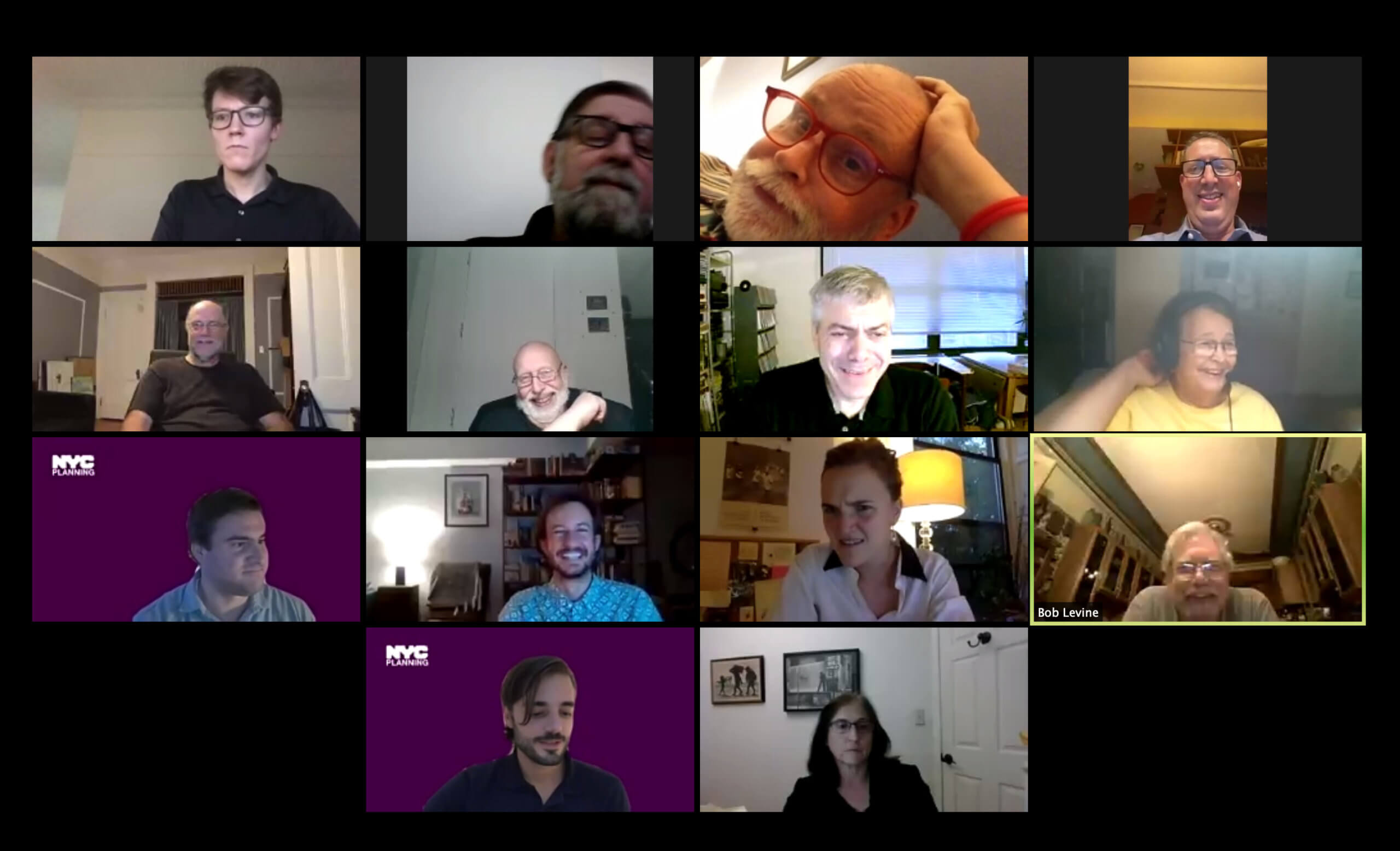
At the first upcoming meeting, which is slated for Nov. 19, city officials will give an update on the Gowanus Green site, also known as Public Place.
Once that heavily-polluted site at Smith Street is cleared for construction, officials plan to build a 28-story building complex on the city-owned lot near Fifth Street — which will house 1,000 below market rate homes, a school, a retail strip, and a waterfront park.
On Dec. 2, planners will return for an “infrastructure update” to talk with locals about how the neighborhood around the noxious canal will handle an influx of up to 20,000 new residents and the accompanying sewage increase, along with the highly-anticipated “bonuses” for transit and schools.
The third meeting before the Uniform Land Use Review Procedure’s January kick off will focus on the affordability of the projected 3,000 new below-market-rate units — out of 8,200 total new apartments — that the rezoning will bring by 2035. That meeting’s date is not yet official.
But, with just over three months to go until ULURP commences, attendees said that bureaucrats should stop being coy, especially given that agency reps, local politicians, and community groups have been working on redeveloping the Gowanus for the better part of a decade.
“I wanted to attend the meeting tonight to get more specifics on the rezoning and have been very disappointed,” said Lisa Lightbody in the Zoom’s chat panel. “We have gone through such a long process, why is the review of the actual details being so compressed?”
In particular, the DCP rep remained tight-lipped about what the rezoning would do to remedy the dilapidated area New York City Housing Authority developments — Gowanus Houses and Wyckoff Gardens.
Local Councilman Brad Lander assured the listeners that upgrades to the public housing complexes were key to securing his yes-vote on the proposal.
“Unless this rezoning contributes to significantly addressing the issues, the dilapidated conditions in Gowanus and Wyckoff, then it’s not in my opinion worthy of moving forward,” Lander said at the meeting.
After multiple NYCHA-related questions, Keller said he understood that funding public housing was the “lynchpin” to move the plans forward — but that he couldn’t commit to revealing more about financing yet, as the city faces cratering revenues due to COVID-19.
“As you know, the city’s budget situation obviously presents new challenges right now,” he said. “We are working through them and we must work through them and we’re going to work on the proposal and get back to the community as soon as we can.”
The coronavirus has also prompted the city to delay building crucial retention tanks to keep the Gowanus from re-polluting until 2032, but Keller was confident that the ongoing federal Superfund cleanup — which starts next month — will be done by the time the rezoning’s changes are in full effect 15 years from now.
“At the moment, it’s not anticipated that these would be online, and that we’re coordinating and planning with [the Department of Environmental Protection] so that the canal and the remediation is intact, and that we have a clean canal and neighborhood,” he said.
The planner also said that there would be no in-person meetings for the foreseeable future due to the pandemic, which was decidedly quieter without the shouting matches that usually ensued between opponents and proponents of the proposal at previous gatherings.
The digital-only move drew more attendees than the in-person gatherings did, but it still irked some locals, who claimed it limited their ability to hold officials to account and organize.
“There are many things about virtual public meetings that prevent the public from holding public officials accountable in the same way that they can at in-person public meetings,” said Brad Vogel, a captain with the Gowanus Dredgers canoe club, in the chat. “Chat can be disabled, we can’t tell who else is attending, people can be barred from speaking, it’s difficult for the community to organize, and public officials are insulated from in-person confrontation.”


